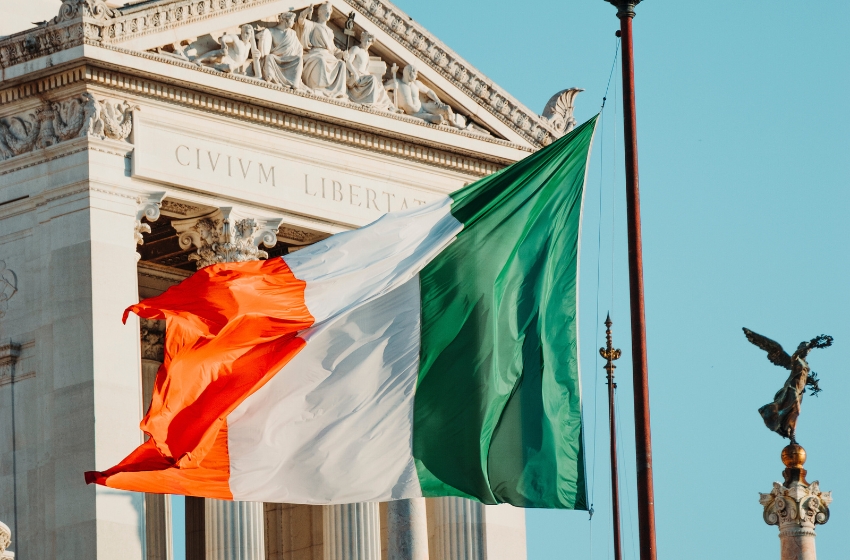Russian President Vladimir Putin notably amplified a longstanding Kremlin effort to set information conditions for future escalations against the Baltic countries, likely as part of his wider effort to weaken NATO.
Putin claimed on January 16 that Latvia and other Baltic states are “throwing [ethnic] Russian people” out of their countries and that this situation “directly affects [Russia’s] security.”
Previous changes to Latvia’s immigration law stipulated that Russian citizens’ permanent residence permits would become invalid in September 2023 and that Russian citizens would need to follow the general procedure for obtaining EU permanent residence status in Latvia, including passing a Latvian language exam, by November 30, 2023.
The Latvian Office of Citizenship and Migration Affairs stated in December 2023 that Latvia would deport about 1,200 Russian citizens who failed to apply for a new residence permit by the deadline.[12] Putin has long employed an expansive definition of Russia’s sovereignty and trivialized the sovereignty of former Soviet republics, and Russia has long claimed that it has the right to protect its “compatriots abroad,” including ethnic Russians and Russian speakers beyond Russia’s borders.
ISW has not observed any indication that a Russian attack against the Baltics is imminent or likely, but Putin may be setting information conditions for future aggressive Russian actions abroad under the pretext of protecting its “compatriots.” Putin recently threatened Finland in mid-December 2023 and reiterated a world view illustrating that he continues to pursue demanded changes to the NATO alliance that would amount to dismantling it.
Putin subsequently tied alleged security threats to Russia in Eastern Europe to NATO’s “Open Door Policy,” a core principle of the alliance enshrined in its charter that allows it the discretion to admit new members. Putin claimed that NATO “open[ed] the doors to Ukraine and Georgia” in 2008 – referring to the Bucharest Declaration in which NATO promised Ukraine and Georgia paths to membership but took no concrete steps towards opening such paths – and claimed that this declaration went against Ukraine’s 1991 Declaration of Independence that stated that Ukraine is a neutral state.
Putin did not mention that the Russian Federation committed “to respect the independence and sovereignty and the existing borders of Ukraine,” which included Crimea and occupied Donbas, in 1994 in exchange for Ukraine’s return of the Soviet Union’s nuclear weapons on its territory to Russia.
Sovereignty includes the right of self-determination. Putin claimed that NATO’s 2008 declaration “completely changed the situation in Eastern Europe” and affected Russia’s security. ISW previously assessed that Putin did not invade Ukraine in 2022 to defend Russia against a threat from NATO but rather to weaken and ultimately destroy NATO – a goal he still pursues.
The Kremlin and Kremlin-affiliated actors have recently promoted information operations and conducted hybrid warfare tactics aimed at destabilizing NATO and may now be setting information conditions for possible future aggressive Russian actions against NATO countries and their neighbors.





















